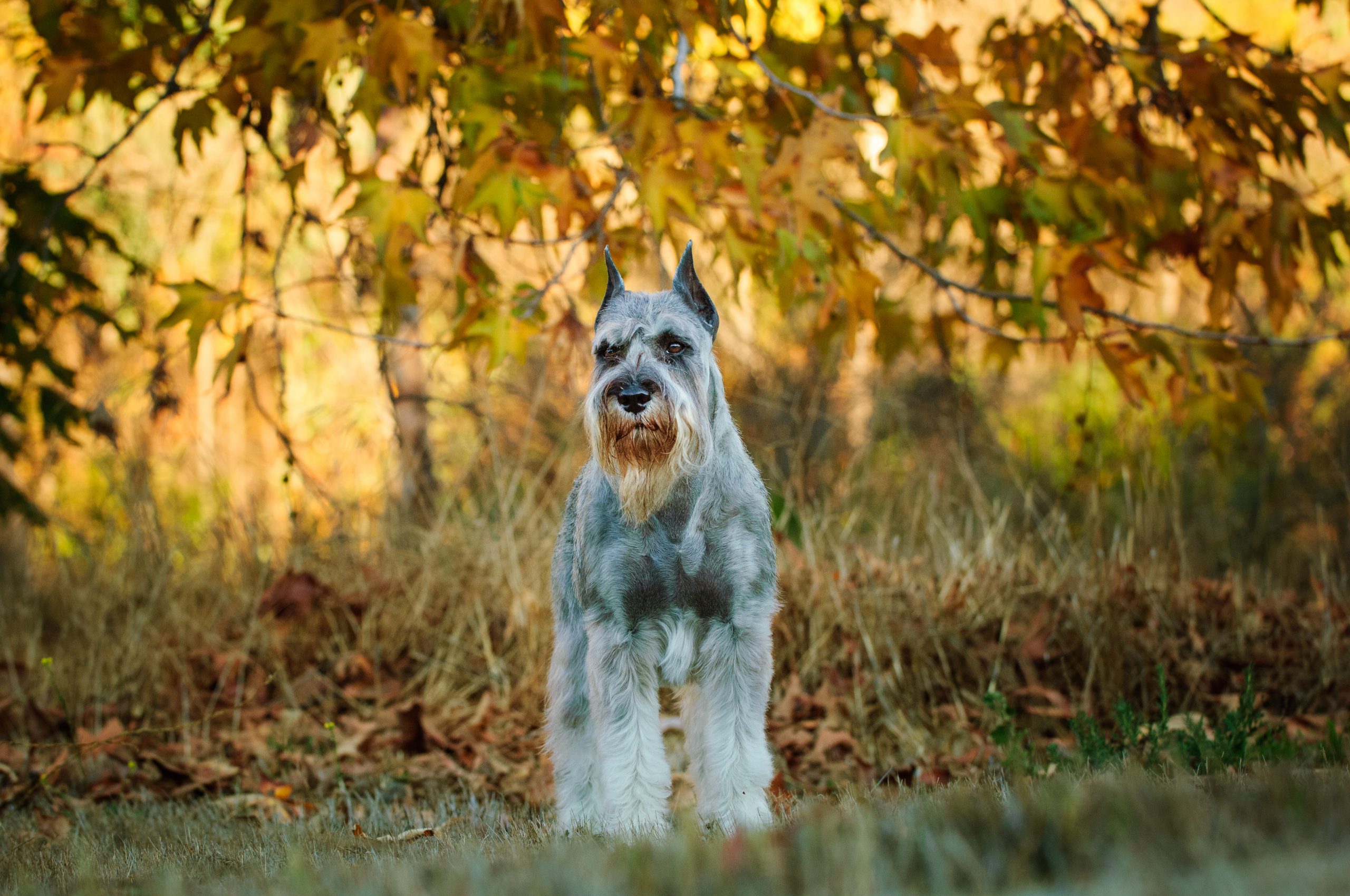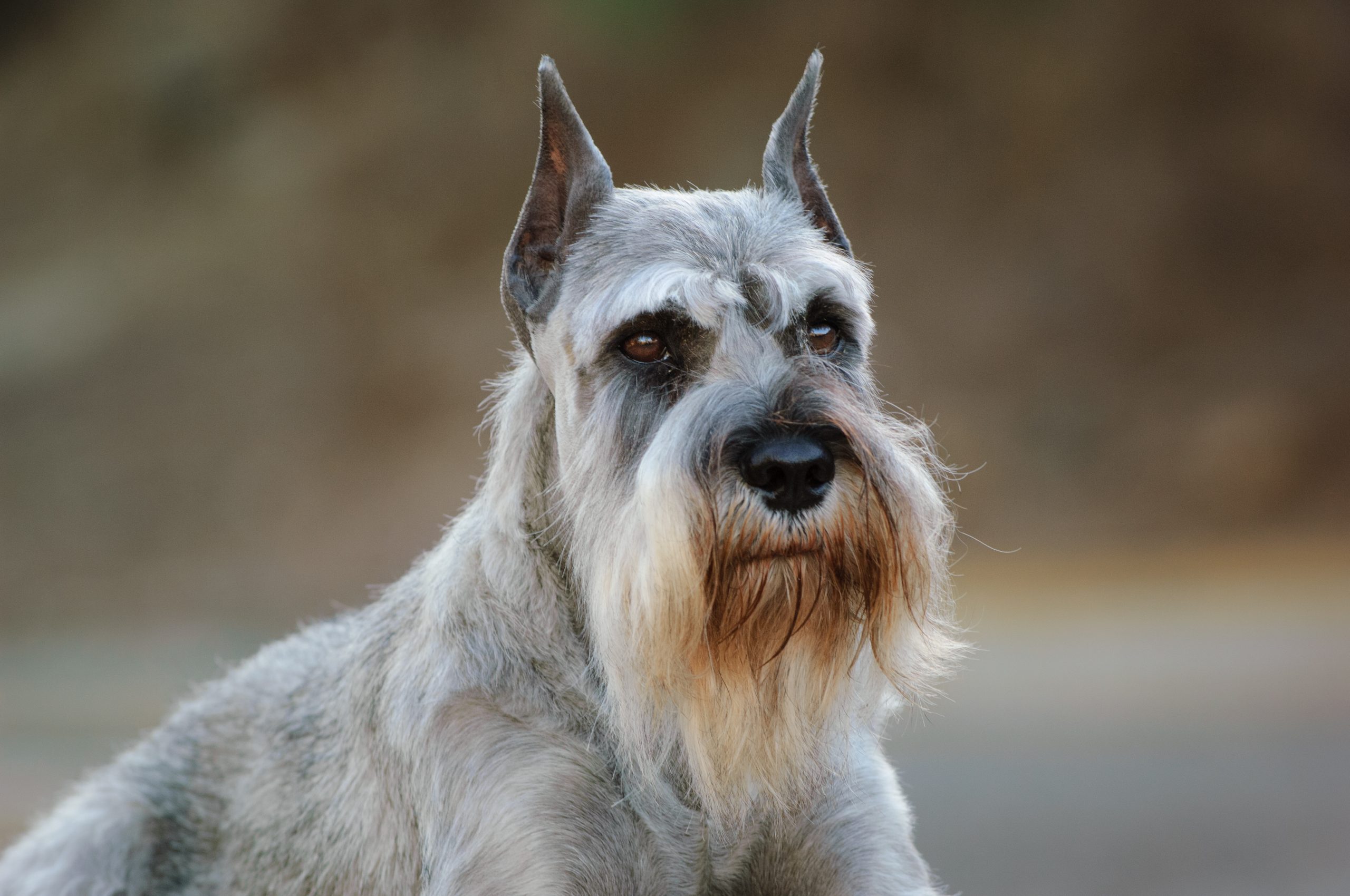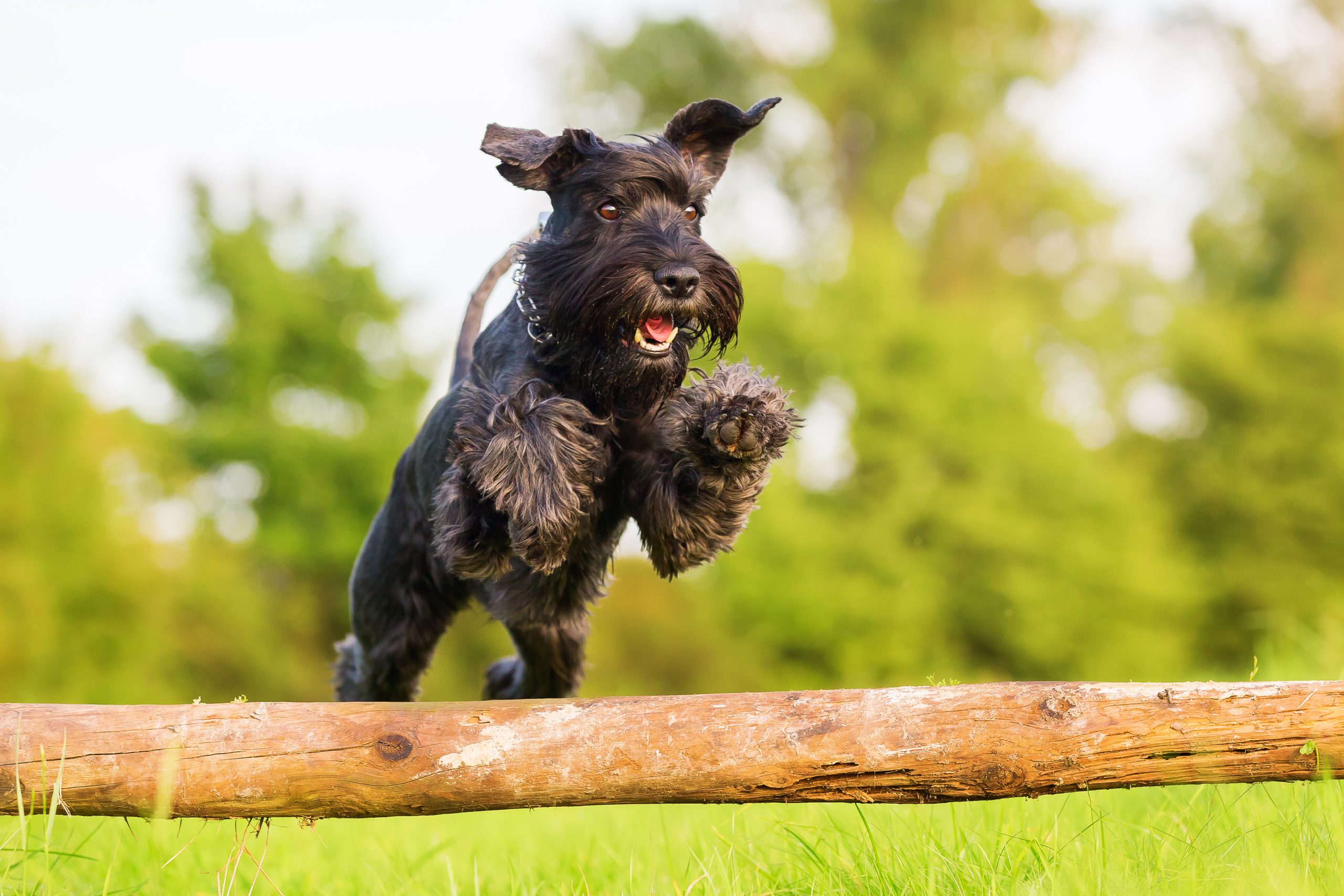Standard Schnauzer
No products found which match your selection.
Shelter Dog Meal Donation Count:
No products found which match your selection.
The Standard Schnauzer is a dynamic and intelligent breed, making it an excellent family pet for those who can match its energy and need for mental stimulation. Their loyalty and protective nature make them effective guard dogs, while their love for play and interaction makes them great companions. With minimal shedding but requiring regular grooming, they fit well into various living situations, including apartments, provided they get enough exercise. Training and socialization are key to harnessing their best qualities, making them well-rounded pets.
The Standard Schnauzer is the original Schnauzer breed, from which the Miniature and Giant varieties were developed. This breed was originally bred for guarding, herding, and ratting, reflecting its versatility and hardworking nature.

The Standard Schnauzer is the oldest of the three Schnauzer sizes, with origins dating back to the 15th century in Germany. They were initially known as Wirehaired Pinschers before the name Schnauzer (snout) was adopted, reflecting their distinctive facial features.




Generally healthy, but like all breeds, they can be prone to specific health issues, including hip dysplasia and eye disorders. Regular veterinary check-ups are essential.
Their wiry coat requires regular grooming, including clipping and brushing, to prevent matting and maintain their distinctive look.
They need daily exercise to manage their energy levels. Activities like walks, runs, and play sessions are essential.
Highly trainable due to their intelligence, Standard Schnauzers respond well to positive reinforcement techniques. Early socialization and obedience training are recommended.
A balanced diet suited to their age, size, and energy level is crucial. Consult with a vet to determine the best diet plan.
The Standard Schnauzer is a multifaceted breed that excels as a family companion, protector, and versatile working dog. Their loyalty, intelligence, and energetic nature make them suitable for various lifestyles, provided they receive enough physical and mental stimulation. With proper care, training, and nutrition, Standard Schnauzers make loyal and lively additions to any home, ready to engage in whatever activity their family enjoys.
Standard Schnauzers are generally robust and healthy dogs, but like all breeds, they are susceptible to certain health issues. Knowing these common health concerns and recommended tests can help in early detection and effective management. Here's an overview:
It's important to note that having a predisposition to these conditions does not guarantee a Standard Schnauzer will suffer from them. Proper care, a healthy lifestyle, and regular veterinary check-ups can significantly contribute to a healthy life for your dog.
The iHeartDogs Free Rx Discount Card Program is a pet prescription discount card that can help you save money on your furry friend’s medications. The card is free to sign up for, and you can use it at participating pharmacies nationwide. To use the free program, simply show the card to your pharmacist when you pick up your pet’s prescription. The pharmacist will then scan the card, and you will receive a discount on the price of the medication.LEARN MORE
Caring for a Standard Schnauzer, like any dog, involves various expenses. The annual cost can vary based on factors like your location, the dog’s age and health, and the level of care you choose to provide. Here’s a general breakdown of the potential annual expenses:
Total Estimated Annual Cost:
$2700 - $9500
It's important to note that these figures are estimates and can vary. Also, the first year of owning a dog can be more expensive due to one-time costs like spaying/neutering, initial vaccinations, and training. Regular budgeting for your dog's needs and an emergency fund for unforeseen costs are essential for responsible pet ownership.